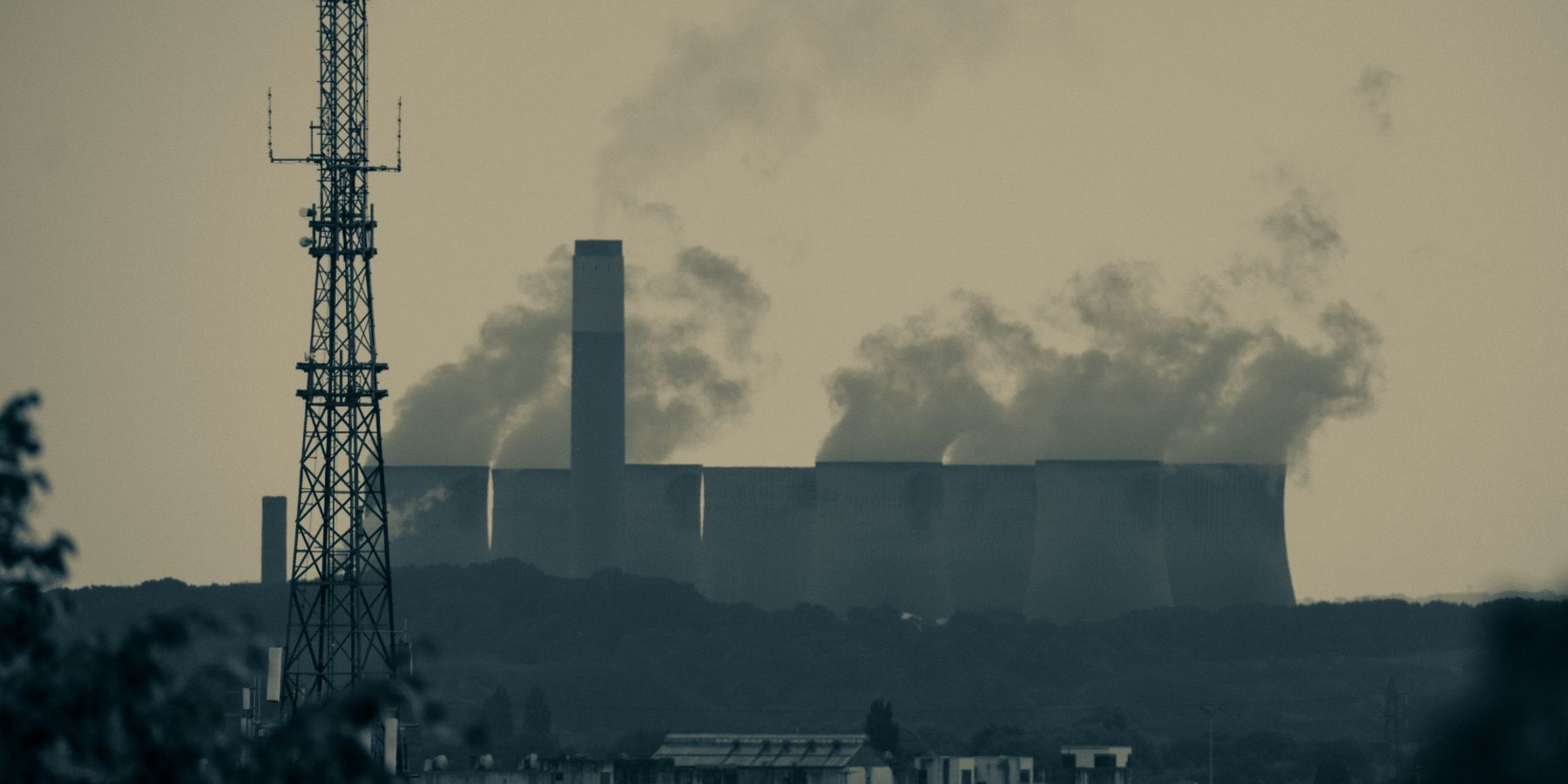
Trump administration’s energy report draws legal fire from states over fossil fuel plant orders
Nine states are challenging the U.S. Department of Energy’s use of a flawed report that could be used to keep coal and gas plants running past retirement dates, raising legal and economic concerns.
Jeff St. John reports for Canary Media.
In short:
- Attorneys general from nine Democrat-led states argue that the DOE's grid reliability report misrepresents future energy capacity and ignores planned additions of clean power sources like solar and wind.
- The report supports President Trump’s April executive order enabling the DOE to force aging fossil-fuel plants to remain open under Section 202(c), already applied to facilities in Michigan and Pennsylvania.
- Experts and clean energy groups warn that relying on the report could cost consumers up to $6 billion annually and undermine state-approved energy transition plans.
Key quote:
“DOE’s analysis takes a series of outlier assumptions and applies them all in one study as the only future scenario, and the result is that we’re getting predictions of blackouts.”
— Caitlin Marquis, managing director at Advanced Energy United
Why this matters:
Keeping uneconomical coal and gas plants running under federal orders threatens both household budgets and long-term energy planning. Utilities and states have already approved plant closures after detailed reliability and cost analyses, betting on newer, cleaner, and often cheaper sources like wind and solar. By leaning on questionable data, the federal government may derail these plans and increase power bills — costs that will fall on ratepayers across multiple states. There’s also an environmental toll: extending the life of fossil-fueled plants means more air pollution, more greenhouse gases, and more health risks for nearby communities.
Related: Trump energy chief blames Democrats as electricity prices climb on his watch













